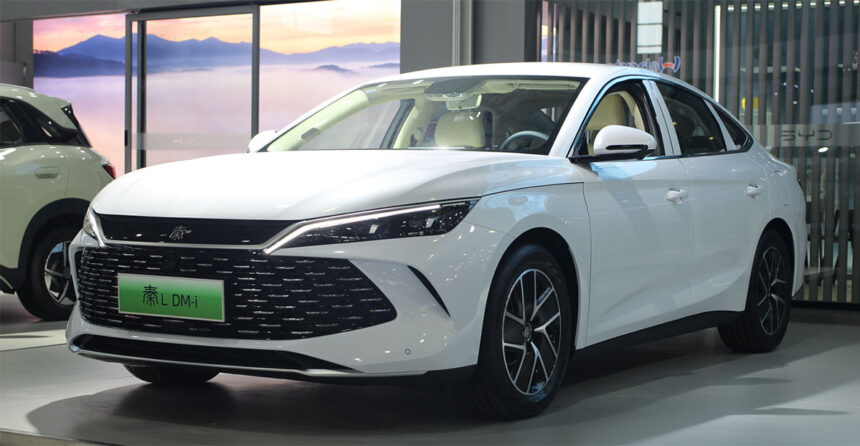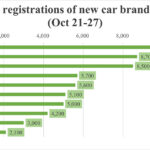China is urging central government departments to lead the way in adopting domestically produced new energy vehicles (NEVs) as these models start to surpass traditional gasoline vehicles in sales. This initiative is part of a larger effort to promote the use of NEVs and reduce emissions in the transportation sector.
The National Government Offices Administration (NGOA), a body under China’s State Council responsible for managing official vehicles and procurement for central government departments, issued a directive requiring central government agencies to prioritize the use of locally made NEVs when acquiring and updating official vehicles. This move is aimed at encouraging the adoption of cleaner and more sustainable transportation options within government institutions.
According to the announcement, certain categories of official vehicles, such as those used for essential communications, law enforcement, and urban travel, should be NEVs by default. Additionally, specialized vehicles for tasks like sanitation, technical surveying, and inspection should be considered for NEV adoption if suitable models are available.
Central government departments are also urged to phase out older vehicles with lower emissions standards and prioritize the purchase of NEVs when replacing vehicles. Annual plans for procuring and renewing official vehicles should include a specified number of NEVs to be acquired.
To ensure affordability and accessibility, the announcement sets price limits for eligible NEV models. Sedans for central government departments should not exceed RMB 180,000 ($25,210), while other vehicle types should adhere to standard pricing guidelines for fuel vehicles.
In addition to vehicle procurement, central government agencies are encouraged to expand charging infrastructure for NEVs and make these facilities accessible to the public. This initiative aims to support the growing demand for electric vehicles and enhance the overall sustainability of transportation systems.
It is important to note that the NGOA’s directive applies specifically to central government departments and does not extend to local government entities. However, similar efforts to promote NEV adoption are being observed at the regional level, as evidenced by the inclusion of Tesla’s Model Y in the purchasing catalogs of provincial governments like Jiangsu.
Overall, China’s push for greater NEV adoption reflects the country’s commitment to reducing carbon emissions and transitioning towards a greener, more sustainable transportation sector. With NEV sales continuing to rise and retail penetration reaching new highs, the future looks promising for electric vehicles in China.







